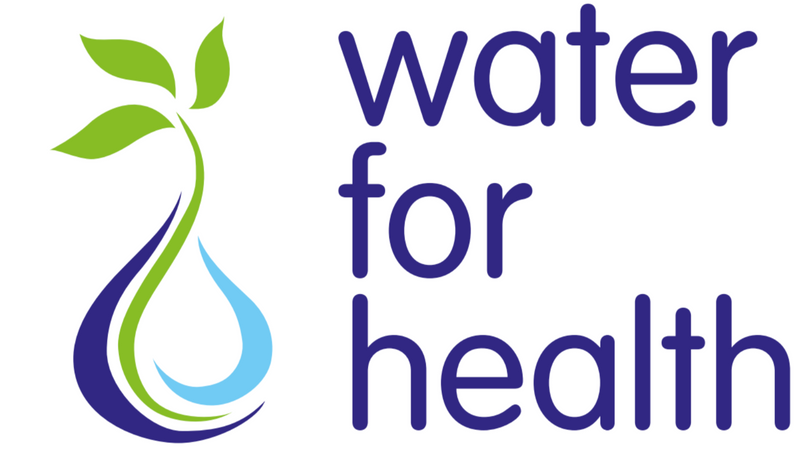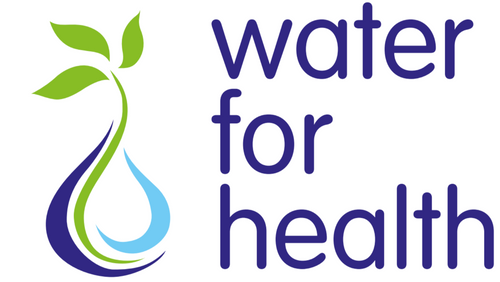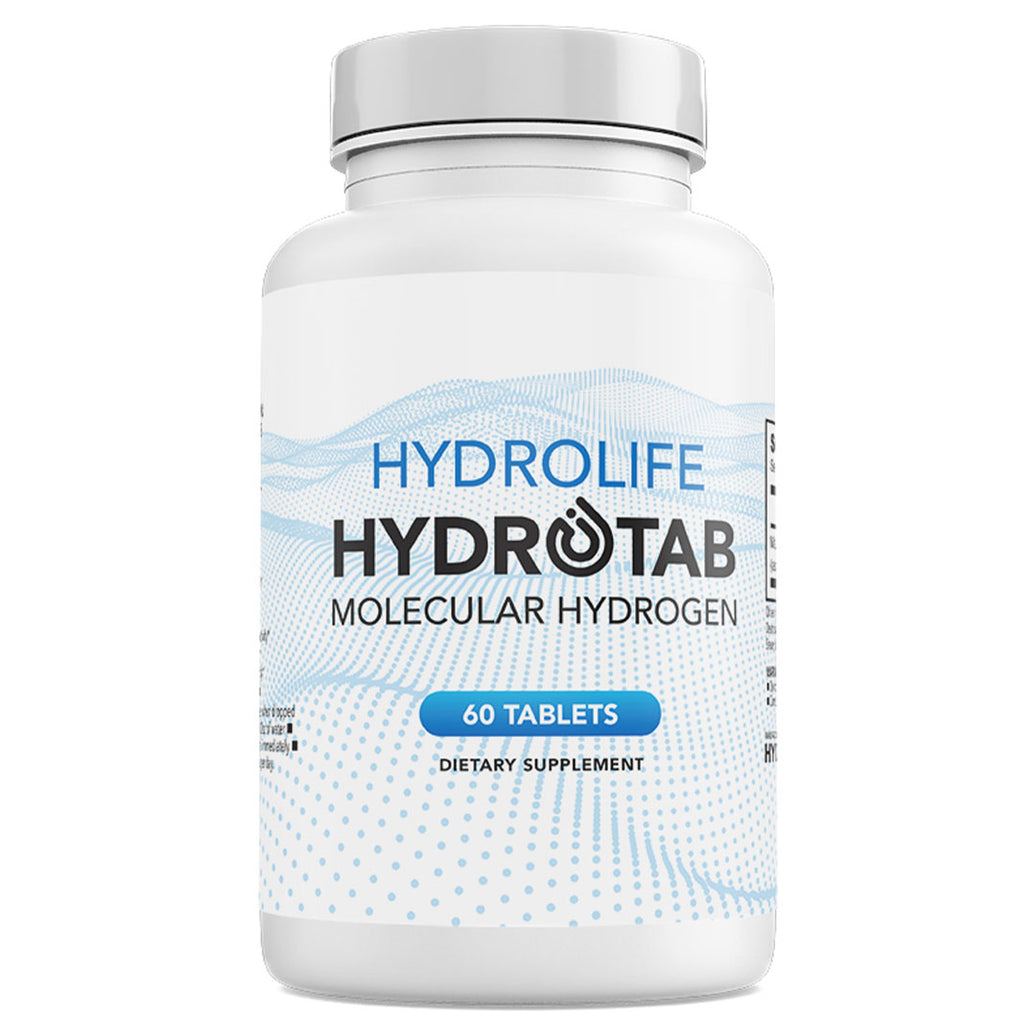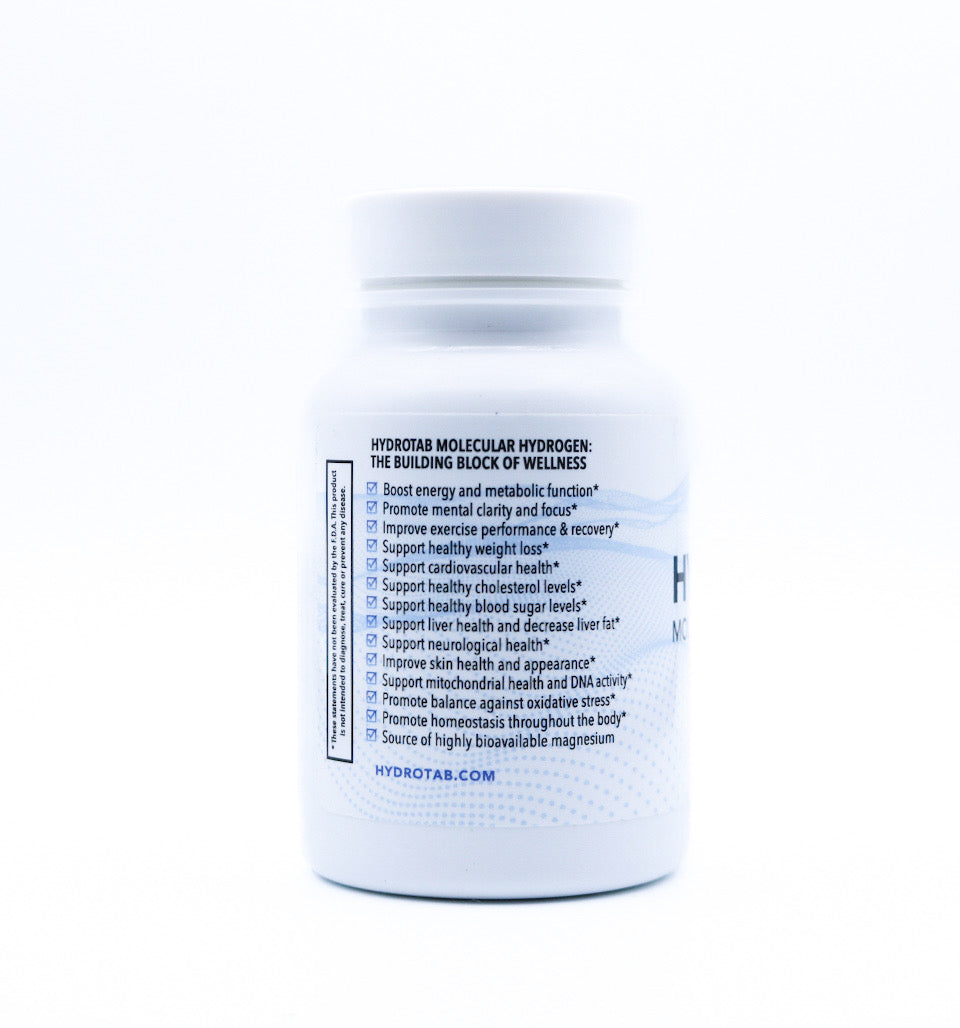The Age-Old Practice of Fasting
Fasting is not just a modern health trend; it's a practice steeped in history and culture. From religious rituals to holistic healing, fasting has been revered across various civilizations for its supposed spiritual and physical benefits. Ancient Greeks, for example, fasted to improve cognitive function and detoxify the body. In many spiritual traditions, fasting is a way to cleanse the soul and connect more deeply with one's faith. Today, scientific research is uncovering the myriad benefits fasting can have on health and well-being, making it an appealing option for those seeking a balanced lifestyle.
This ultimate fasting guide will explore the world of fasting, offering insights into its different forms, benefits, and considerations for both women and men. Whether you're a seasoned wellness warrior or just beginning your health journey, this guide aims to provide everything you need to know about fasting.
Exploring Different Types of Fasting
When it comes to fasting, one size doesn't fit all. There are several popular methods, each catering to different health goals and lifestyles.
Intermittent Fasting (IF) is perhaps the most popular, involving cycles of eating and fasting. The 16/8 method, where you fast for 16 hours and eat during an 8-hour window, is a favourite for its simplicity and flexibility.
Water Fasting is more intensive, where individuals consume only water for a set period, typically 24 to 72 hours. This method aims to detoxify the body and promote autophagy, a process where cells clean out damaged components (1).
Time-Restricted Eating is similar to intermittent fasting but focuses more on aligning eating patterns with circadian rhythms, potentially offering additional metabolic benefits.
Each method offers unique advantages and challenges, and selecting the right one depends on personal health goals and lifestyle.
Tailoring Fasting for Women's Health
Fasting can be particularly beneficial for women, supporting various aspects of health and wellness, including mood and energy levels. However, it's crucial to approach fasting with an understanding of female physiology.
Women experience hormonal fluctuations that can influence the effectiveness and safety of fasting. For instance, during certain phases of the menstrual cycle, prolonged fasting may increase stress levels (2), affecting hormonal balance negatively. However, when done mindfully, fasting can help regulate insulin sensitivity, support weight management, and enhance energy levels (3).
It's recommended that women start with shorter fasting periods, such as the 12/12 method, and gradually increase fasting duration as their bodies adjust. Consulting with healthcare professionals to tailor fasting practices to individual health needs is always advisable.
How Fasting Benefits Men's Health
For men, fasting can be a powerful tool for enhancing physical and mental performance. It promotes fat loss while preserving muscle mass (4), making it a popular choice among fitness enthusiasts.
Men generally adapt to fasting more quickly than women as they do not have a menstrual cycle and may benefit from extended fasting methods. Fasting has been shown to increase growth hormone levels, which aids in muscle recovery and growth. Furthermore, it can improve testosterone levels, supporting vitality and overall well-being (5).
Incorporating fasting into a regular routine can also sharpen mental focus and clarity, providing a competitive edge in both personal and professional pursuits.
The Health Benefits of Fasting
Fasting offers a wide array of health benefits, from improved metabolic function to enhanced cognitive performance. One of the key benefits is its effect on insulin sensitivity, which can significantly reduce the risk of type 2 diabetes (6).
Fasting has also been linked to decreased inflammation (7), which is associated with numerous chronic diseases. Additionally, some studies suggest that fasting can boost brain function by promoting neuronal autophagy and increasing the production of brain-derived neurotrophic factor (BDNF) (8), which supports cognitive health.
By giving your digestive system a rest, fasting may also improve gut health, balancing the microbiome and enhancing nutrient absorption.
Starting Your Fasting Journey
If you're new to fasting, it's important to approach it gradually. Begin by selecting a method that feels achievable, such as intermittent fasting with a 12-hour eating window.
Start by delaying your first meal of the day or having an earlier dinner. Listening to your body and staying hydrated is essential, especially in the initial stages. Common mistakes to avoid include jumping into prolonged fasts too quickly and neglecting proper nutrition during eating periods.
Tracking your progress and experiences can help tailor the fasting routine to best suit your needs and lifestyle.
Combining Fasting with Exercise
For those wondering how fasting intersects with fitness, the good news is they can complement each other well. However, striking the right balance is key.
Exercising in a fasted state may accelerate fat burning and enhance muscle definition, but it's important to listen to your body's signals. Opt for low to moderate-intensity workouts during fasting periods and save high-intensity sessions for when you're in your eating window.
Ensuring adequate hydration and post-exercise nutrition is crucial to maintaining energy levels and promoting recovery. Topping up with liquid electrolytes can also be hugely beneficial.
Maintaining Nutrition While Fasting

A common misconception about fasting is that it leads to nutrient deficiencies. In reality, with proper planning, fasting can coexist with a balanced diet.
Focus on nutrient-dense foods during eating periods. Incorporate a variety of fruits, vegetables, lean proteins, and healthy fats to supply your body with essential vitamins and minerals. Consider supplementing if necessary, especially for nutrients like vitamin D, magnesium, and omega-3 fatty acids.
Maintaining a colourful plate not only ensures nutritional balance but also makes meals more enjoyable and satisfying.
The Impact of Fasting on Mental Health
Beyond the physical perks, fasting can also positively influence mental well-being. Many practitioners report increased mental clarity and focus during fasting periods (9).
This is likely due to the stabilisation of blood sugar levels, which can prevent energy crashes and mood swings. Fasting may also reduce stress and enhance emotional resilience, providing an opportunity for introspection and mindfulness.
It's important to approach fasting with a positive mindset and to remember that mental health benefits may vary from person to person.
Safety First: Fasting Precautions
While fasting offers many benefits, it's not suitable for everyone. Certain groups should exercise caution or avoid fasting altogether, including pregnant or breastfeeding women, children and teenagers, and individuals with a history of eating disorders.
Those with chronic illnesses or on medication should consult healthcare providers before starting a fasting regimen. It's crucial to monitor your body's response closely and to stop fasting if you experience any adverse effects.
Safety should always be a priority, and listening to your body is key to a successful fasting experience. For women, remember that each part of your cycle may mean you find some days easier than others.
Women who are pregnant or breastfeeding should avoid fasting, as their bodies require a consistent intake of nutrients to support both themselves and their children.
Additionally, those with medical conditions such as diabetes or eating disorders should consult a healthcare professional before considering fasting.
It is also wise to be cautious during menstrual cycles, as fasting can sometimes exacerbate symptoms like fatigue and irritability. For women starting a fasting routine, it's pivotal to listen to their bodies, prioritise hydration, and ensure that when not fasting, they are consuming nutrient-rich foods to maintain energy and overall well-being.
Real-Life Fasting Success Stories
Hearing from others who have embraced fasting can be inspiring and informative. Take, for instance, Sarah, a yoga instructor who credits intermittent fasting with boosting her energy levels and enhancing her practice. Or James, a tech entrepreneur who found that fasting improved his concentration and productivity, helping him excel in his demanding career.
These testimonials highlight the diverse ways people integrate fasting into their lives, offering insights and encouragement for newcomers.
Wrapping Up Your Fasting Journey
Fasting is a versatile and powerful tool that can profoundly impact both physical and mental health. By exploring its various forms and understanding its benefits and precautions, individuals can tailor fasting to meet their unique needs and goals.
For those ready to take the plunge, starting small and gradually extending fasting periods is a sensible approach. Engaging with the fasting community, sharing experiences, and seeking professional guidance can enrich your fasting experience.
Ultimately, fasting is about balance and well-being, offering a pathway to health that aligns with modern wellness goals.
Written by Amy Morris, BSc (Hons) Nutritional Therapy. Amy has been a nutritional therapist for 12 years, specialising in recent years as a functional medicine nutritional therapist. Women’s health, and pre-diabetes and type 2 diabetes prevention are Amy’s specialist areas. Diagnosed with a chronic condition called endometriosis at age 20, this is what motivated Amy to study nutrition. Amy has been in remission for 6 years now, attributing powerful nutrition, lifestyle and bio-identical hormone strategies she now shares with her clients.
Water for Health Ltd began trading in 2007 with the goal of positively affecting the lives of many. We still retain that mission because we believe that proper hydration and nutrition can make a massive difference to people’s health and quality of life.Click here to find out more.
References:
- Brocchi, Alex, et al. “Effects of Intermittent Fasting on Brain Metabolism.” Nutrients, vol. 14, no. 6, 17 Mar. 2022, p. 1275, https://doi.org/10.3390/nu14061275.
- Cleveland Clinic. “Autophagy: Definition, Process, Fasting & Signs.” Cleveland Clinic, 23 Aug. 2022, my.clevelandclinic.org/health/articles/24058-autophagy.
- Freeman, Andrew M, and Nicholas Pennings. “Insulin Resistance.” Nih.gov, StatPearls Publishing, 17 Aug. 2023, www.ncbi.nlm.nih.gov/books/NBK507839/.
- Ho, K Y, et al. “Fasting Enhances Growth Hormone Secretion and Amplifies the Complex Rhythms of Growth Hormone Secretion in Man.” Journal of Clinical Investigation, vol. 81, no. 4, 1 Apr. 1988, pp. 968–975, www.ncbi.nlm.nih.gov/pmc/articles/PMC329619/.
- Johns Hopkins Medicine. “Intermittent Fasting: What Is It, and How Does It Work?” Johns Hopkins Medicine, 2021, www.hopkinsmedicine.org/health/wellness-and-prevention/intermittent-fasting-what-is-it-and-how-does-it-work.
- Miller, Sarah. “Intermittent Fasting and Insulin Resistance: Benefits beyond Weight Loss.” Www.jeffersonhealth.org, 27 May 2022, www.jeffersonhealth.org/your-health/living-well/intermittent-fasting-and-insulin-resistance-benefits-beyond-weight-loss.
- “Researchers Identify New Mechanism That Links Fasting to Reduced Inflammation, Lower Disease Risk | NHLBI, NIH.” Www.nhlbi.nih.gov, 23 Jan. 2024, www.nhlbi.nih.gov/news/2024/researchers-identify-new-mechanism-links-fasting-reduced-inflammation-lower-disease-risk.
- Sharifi, Sina, et al. “Effect of Time-Restricted Eating and Intermittent Fasting on Cognitive Function and Mental Health in Older Adults: A Systematic Review.” Preventive Medicine Reports, vol. 42, 1 June 2024, pp. 102757–102757, https://doi.org/10.1016/j.pmedr.2024.102757.
- “Why Intermittent Fasting May Be Less Effective for Some Women.” Cleveland Clinic, health.clevelandclinic.org/intermittent-fasting-for-women.























